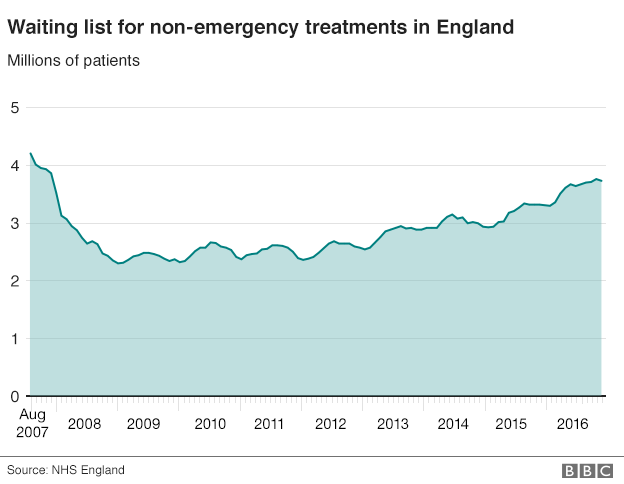The Importance of the NHS in Modern British Healthcare

Introduction
The National Health Service (NHS) is a cornerstone of healthcare in the United Kingdom, providing free at the point of use medical services to millions. Established in 1948, it has grown to be one of the largest publicly funded health services in the world. Its relevance has been magnified in recent years due to the COVID-19 pandemic, highlighting both its strengths and challenges.
Recent Developments
As of late 2023, the NHS is navigating a complex landscape marked by post-pandemic recovery, staff shortages, and funding constraints. A report from the NHS Confederation indicates that more than 130,000 staff positions are currently unfilled. This is exacerbating waiting times for patients, with many facing delays for treatments and surgeries. Recent estimates show that over 7 million people are on waiting lists, a situation that has sparked national concern.
Challenges Facing the NHS
In addition to staffing issues, the NHS is grappling with increasing demand for services due to an ageing population. The recent winter months have brought further strain, with emergency departments experiencing unprecedented pressures. This has led to calls for urgent reform and increased investment to ensure the sustainability of the service. Public health campaigns aimed at preventive care, mental health support, and chronic disease management are also vital components in relieving some of the pressures on the NHS.
Conclusion
The NHS represents a significant part of British identity and social fabric. As it faces numerous challenges, its ability to adapt and innovate will be crucial for its future. Investment in technology and new models of care, as well as improved recruitment strategies, may offer pathways to address existing issues. As citizens of the UK, it is essential to remain engaged, advocating for a robust, fully-resourced NHS that continues to serve the needs of the public effectively.









